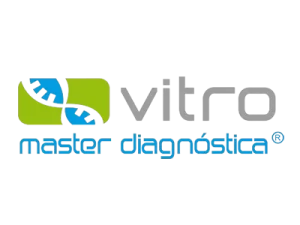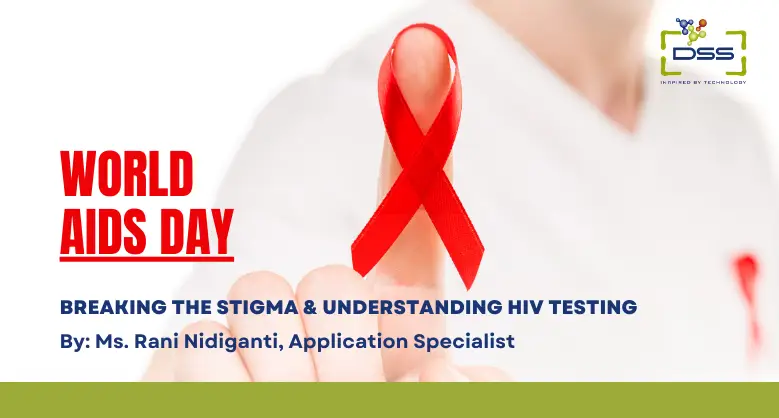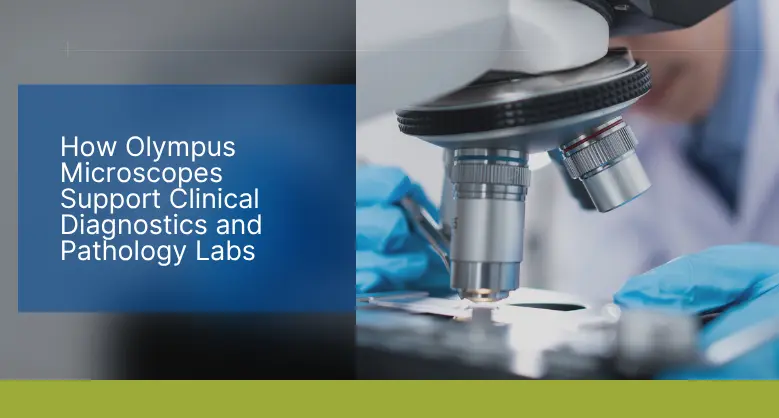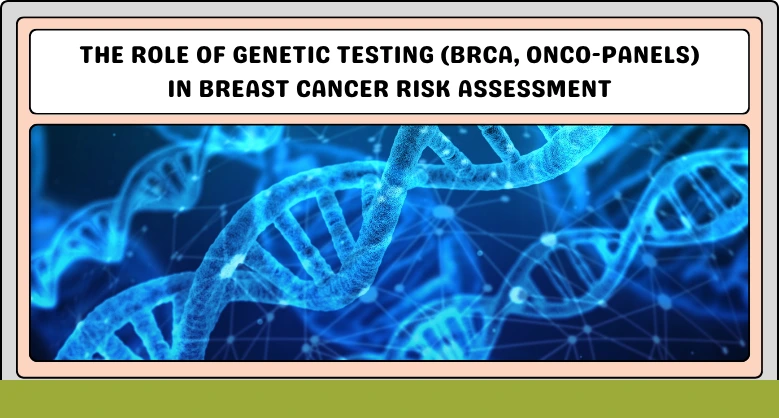DSS: Redefining Biotechnology & Life Science in India
- About Us
- Products & Services
PRODUCTS & SERVICES
-
Kits Reagents & Consumables
- Cytogenetics
- Dyes
- Fluorescence In Situ Hybridization (FISH)
- High-Performance Liquid Chromatography (HPLC)
- Histology
- Immuno Histo Chemistry (IHC)
- IVF Consumer bill
- Molecular Pathology & Diagnostics
- Multiplex Ligation-Dependent Probe Amplification (MLPA)
- Nucleic Acid Extraction
- PharmDx
- Real Time PCR
- Special Stains
- Instruments
- Software
- Accessories
- Advanced Material
-
Kits Reagents & Consumables
- Applications & Specialities
All Applications & Specialities
- Brands
- Contact Us
-

-
 0
0
- ☰
- About Us
- Products & Services
-
Kits Reagents & Consumables
- Cytogenetics
- Dyes
- Fluorescence In Situ Hybridization (FISH)
- High-Performance Liquid Chromatography (HPLC)
- Histology
- Immuno Histo Chemistry (IHC)
- IVF Consumer bill
- Molecular Pathology & Diagnostics
- Multiplex Ligation-Dependent Probe Amplification (MLPA)
- Nucleic Acid Extraction
- PharmDx
- Real Time PCR
- Special Stains
- Instruments
- Software
- Accessories
- Advanced Material
-
Kits Reagents & Consumables
- Applications & Specialities
- Brands
- Brand - Life Sciences
- 3i
- ABBERIOR INSTRUMENTS
- Abbott Molecular
- ADS Biotec
- APPLIED SPECTRAL IMAGING
- BioAir Tecnilabo
- DAKO (AGILENT)
- Eden Tech
- Elveflow
- ENTROGEN
- EUROCLONE
- EVIDENT
- Genea
- Hamamatsu Photonics
- Invivoscribe
- MASTER DIAGNOSTICA
- MBF BIOSCIENCE
- Medical Tek Co. Ltd
- MILESTONE MED SRL
- Molecular Machines & Industries
- MRC HOLLAND
- NeoDx
- Onward Assist
- Profound
- SCIENTIFICA
- SpaceGen
- Seqlo
- µCyte
- Brand - Industrial
- Brand - Life Sciences
- News & Events
- Career
- Contact Us
- Testimonial
- Blogs
- R&D
- CSR
- Press Release

Addressing IVF Challenges: Dealing with Multiple Cycles, Failed Attempts, and Next Steps
BY DSS Imagetech Pvt Ltd April 4, 2024
Addressing IVF Challenges: Dealing with Multiple Cycles, Failed Attempts, and Next Steps
In vitro fertilization (IVF) has revolutionized the field of assisted reproductive technology, offering hope to countless couples struggling with infertility. IVF has become more accessible to individuals and couples worldwide, thanks to advancements in technology, increased availability of fertility clinics, and improved affordability of treatment options.
While IVF has the potential to fulfill dreams of parenthood, it also presents individuals with unique challenges along the journey. This comprehensive article explores the various challenges associated with the process and several other unknown details.
Understanding IVF
IVF is a sophisticated medical procedure that involves combining an egg and sperm outside the body in a laboratory environment. This fertilized egg, known as an embryo, is then carefully placed in the uterus, to achieve a successful pregnancy. The first successful IVF procedure resulted in the birth of Louise Brown on July 25, 1978. This groundbreaking achievement was accomplished by British researchers, Dr. Robert Edwards and Dr. Patrick Steptoe, who paved the way for the development of IVF as a viable fertility treatment.
The process of IVF encompasses multiple stages, including ovarian stimulation, egg retrieval, fertilization, embryo development, and ultimately, embryo transfer. Let us understand the steps of IVF in more detail:
- Ovarian Stimulation: IVF begins with ovarian stimulation, where fertility medications are administered to stimulate the ovaries to produce multiple mature eggs. This step aims to maximize the chances of successful fertilization and embryo development.
- Egg Retrieval: Once the eggs have reached maturity, a minor surgical procedure known as egg retrieval is performed. Using ultrasound guidance, a thin needle is inserted into the ovaries to collect the mature eggs. This procedure is typically conducted under sedation or anesthesia to ensure the comfort of the individual undergoing the process.
- Fertilization Techniques: Following egg retrieval, the collected eggs are combined with sperm in the laboratory. Traditional IVF involves placing the eggs and sperm in a culture dish to allow natural fertilization. In cases where the sperm quality is compromised, intracytoplasmic sperm injection (ICSI) may be utilized. ICSI involves the direct injection of a single sperm into the egg, enhancing the chances of successful fertilization.
- Embryo Culture: Once fertilization occurs, the embryos are carefully cultured in a controlled laboratory environment. The embryos undergo a crucial development phase, monitored closely by embryologists to ensure their viability and growth potential.
- Embryo Transfer: The final stage of the IVF process is the transfer of the developed embryos into the uterus. This procedure is typically performed using a thin catheter inserted through the cervix. The number of embryos transferred depends on various factors, including the woman’s age, previous IVF outcomes, and the quality of the embryos.
- Cryopreservation: In cases where additional embryos are not transferred during the initial cycle, they can be cryopreserved for future use. This process involves freezing the embryos at extremely low temperatures, preserving their viability for later transfer if needed.
Challenges of Multiple Cycles
Emotional Rollercoaster: Embarking on multiple IVF cycles can be emotionally taxing for couples. Each cycle is accompanied by a myriad of emotions, ranging from hope and excitement to anxiety and disappointment. The emotional strain experienced throughout this process can have a significant impact on individuals’ well-being and relationships.
Financial Burden: IVF treatment can place a substantial financial burden on couples, and multiple cycles can further exacerbate the cost. Expenses associated with medications, consultations, tests, and procedures can quickly accumulate, causing financial stress. Couples must consider their budget and explore financial assistance options, such as insurance coverage or fertility grants.
Physical Demands: IVF treatment requires individuals to undergo various physical demands, including frequent clinic visits, hormone injections, and medical procedures. The cumulative toll of multiple cycles can leave individuals feeling physically exhausted and emotionally drained. It is vital to prioritize self-care, maintain a healthy lifestyle, and seek support from healthcare professionals to navigate these challenges.
Time Commitment: Undertaking multiple IVF cycles demands a considerable amount of time and commitment. The process involves numerous appointments, monitoring visits, and recovery periods, which can disrupt personal and professional lives. Individuals need to plan and communicate effectively with their employers, ensuring they have the necessary support and flexibility during this journey.
Coping with Failed Attempts
Seek Emotional Support: Dealing with failed IVF attempts can be devastating. Individuals must reach out for emotional support from their partner, family, friends, or support groups. Additionally, professional counseling or therapy can provide a safe space to express emotions, process grief, and navigate the complexities of infertility.
Review and Refine the Treatment Plan: After experiencing a failed IVF cycle, it is essential to collaborate with the fertility specialist to evaluate the treatment plan. This comprehensive assessment can identify potential factors contributing to the unsuccessful attempt and guide adjustments for future cycles. Modifications may include changes in medication protocols, additional diagnostic tests, or exploring alternative fertility techniques.
Consider Alternative Paths: In the face of multiple failed IVF cycles, individuals may contemplate alternative paths to parenthood. Options such as egg or sperm donation, surrogacy, or adoption offer viable alternatives for building a family. Engaging in open and honest discussions with fertility specialists can help individuals make informed decisions and explore the best possible path forward.
Exploring Next Steps
Genetic Testing and Screening: For individuals who have experienced multiple failed IVF cycles, genetic testing can provide valuable insights. Preimplantation genetic testing (PGT) allows for the assessment of embryo health and can help identify any chromosomal abnormalities that may have hindered previous attempts. This screening provides an opportunity to select the healthiest embryos for transfer, increasing the chances of a successful pregnancy.
Advanced Fertility Treatments: In some cases, advanced reproductive technologies may be recommended to enhance the chances of success. Techniques such as intracytoplasmic sperm injection (ICSI), assisted hatching, or blastocyst culture can optimize fertilization and embryo development. Consultation with fertility specialists can help individuals explore these advanced treatment options and determine their suitability.
Holistic Approach to Wellness: Maintaining overall well-being is crucial throughout the IVF journey. Adopting a holistic approach that encompasses physical, emotional, and mental health can positively impact treatment accessories outcomes. Engaging in stress-reducing activities like yoga, meditation, or acupuncture, ensuring proper nutrition, and getting adequate rest can contribute to overall wellness.
Conclusion
While the journey may be filled with uncertainties, it is essential to remain hopeful and open to alternative possibilities. Failed IVF attempts should not be viewed as a reflection of personal failure, but rather as stepping stones towards finding the right path to parenthood. Seeking emotional support from loved ones, professional counselors, or support groups can provide a safe space to share experiences, express emotions, and gain perspective.
Latest Articles
World AIDS Day: Breaking the Stigma and Understanding HIV Testing
BY DSS Imagetech Pvt Ltd December 1, 2025
Worlds AIDS Day 2025 focuses on the theme “Overcoming disruption, transforming the AIDS response.” Highlighting the need for a stronger, more resilient approach to end the epidemic. This theme acknowledges...
Read MoreHow Olympus Microscopes Support Clinical Diagnostics and Pathology Labs
BY DSS Imagetech Pvt Ltd November 26, 2025
In the world of modern medicine, the clinical diagnostics laboratory is the engine room of the healthcare system. It is a high-stakes, high-pressure environment that operates largely unseen by the...
Read MoreThe Role of Genetic Testing (BRCA, Onco-panels) in Breast Cancer...
BY DSS Imagetech Pvt Ltd November 18, 2025
Breast cancer is a complex and deeply personal diagnosis that will affect many women in their lifetime. For decades, our primary approach was reactive: focusing on awareness, monthly self exams,...
Read More





























